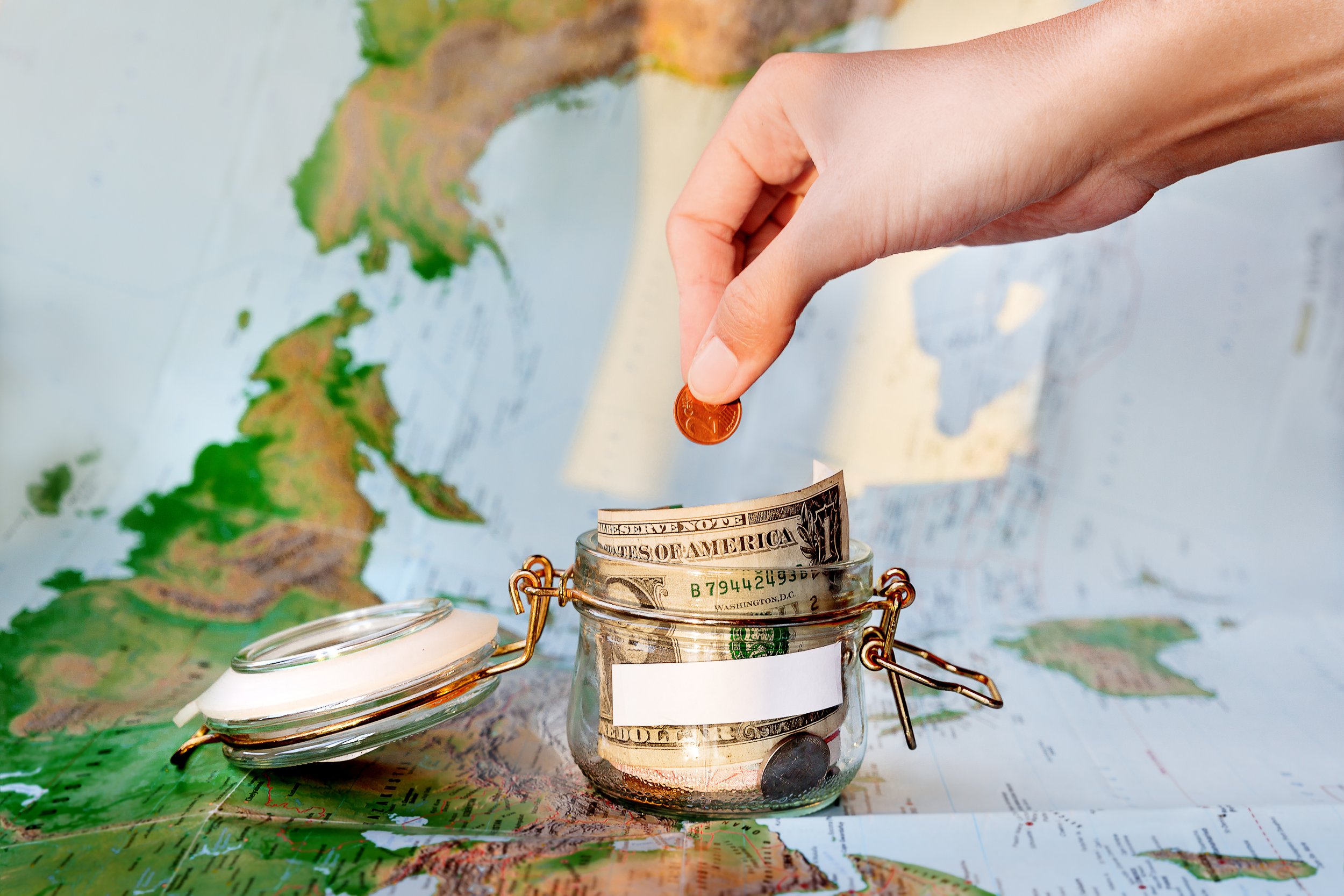When you're away, whether you are ordering a meal or booking that excursion, you can be asked if you want to pay in pounds sterling or the local currency.
It can be tempting to accept the sum that is being offered to you in pounds (GBP), since it is the one that you are most familiar with. But you'll typically pay extra for it.
Here are a few ways to save money while you're away…
Low-Cost Travel Credit Cards
If you are using a debit or credit card in Europe to withdraw cash from an ATM or purchase something, you can occasionally be given the following options:
Euro-based payment. Your own bank or credit card provider handles the conversion for you because you are being charged in euros. The typical exchange rate is Visa/Mastercard + a 3 percent load, making the cost of 100 euros actually £103.
However, if you have a specialised, load-free, low-cost travel credit card, 100 euros only costs £100.
This option is referred to as a "dynamic currency exchange." What it really means is that you have the option to convert money as you go when paying with a card or withdrawing cash. It means the conversion takes place at the point of sale. Dynamic currency conversion can also be known as DCC.
In other words, the foreign bank (or the bank of the store if you're making a purchase) handles currency conversion on your behalf rather than your home bank.
Paying for Everything in Sterling
It will be easier for you to budget your money if you choose to pay in your home currency.
However, it could cost more because a store or restaurant is free to choose its own exchange rate when converting your money. On top of this, they might additionally charge additional conversion fees.
Some shops receive incentives to employ DCC in order to boost their profits. A favourable exchange rate or additional conversion costs could accomplish this.
0% Commission is NOT Always 0% Commission
Why wouldn't you get your money from that bank or bureau de change? It undoubtedly indicates that you are not being charged anything—not even a single penny—to exchange your sterling into euros, dollars, and yen.
However, it doesn't.
By choosing their own exchange rate, these banks and bureau de changes continue to generate money. Although it is based on the real rate, there is no requirement that it always be the same. The assertion that you are receiving something without commission is therefore untrue.
It's difficult to tell exactly how much you're being charged because the profit is concealed in exchange rates rather than a separate commission. To manage this, you must be aware of the real rate that banks employ, but even then, it's unlikely that the added amount will be obvious.
Furthermore, the value for your money can vary greatly because banks and bureaus determine their own rates.
If you need any advice about your finances, feel free to get in touch today!

